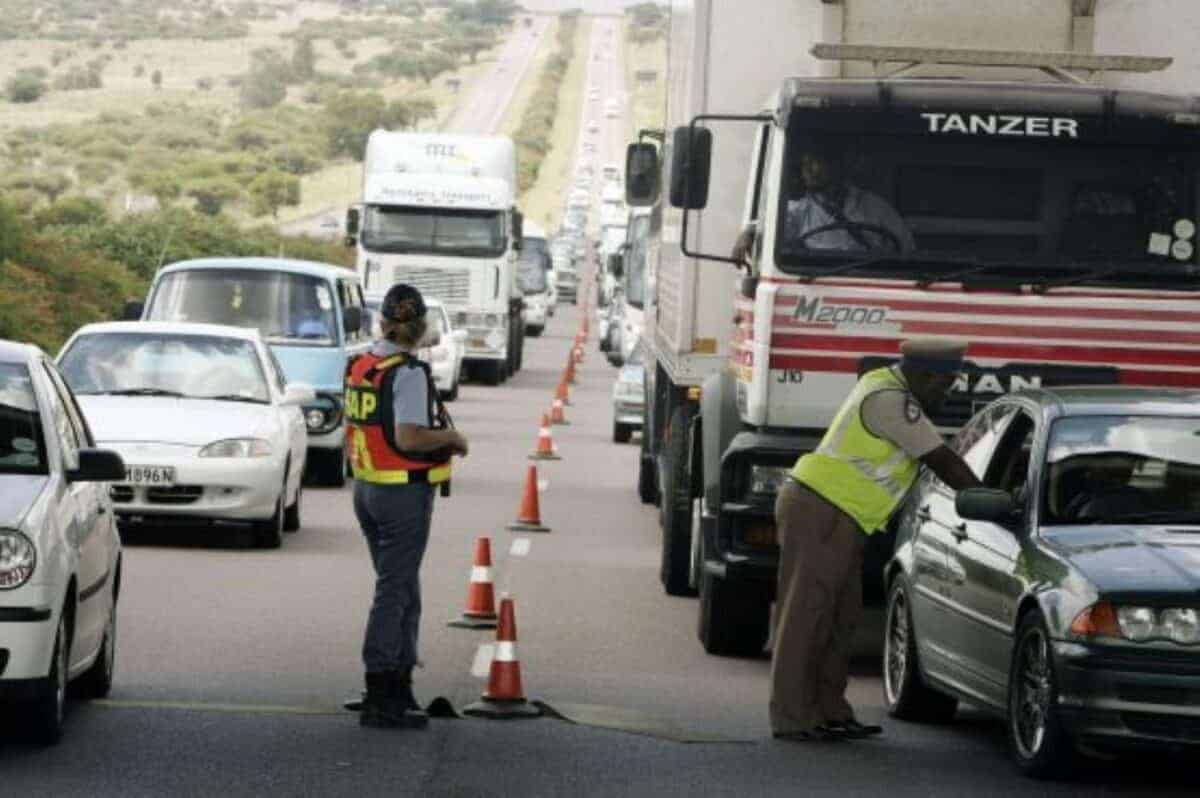
News
November 12, 2025
Delayed Aarto needs a rethink
The system was meant to begin from 1 December at 69 municipalities across the country.
The long-awaited rollout of the Administrative Adjudication of Road Traffic Offences (Aarto) system has been delayed yet again, prompting calls for a serious rethink of its implementation strategy. Originally slated to begin on December 1st, the system's launch across 69 municipalities nationwide has been put on hold, leaving many questioning its future and effectiveness.
Aarto, designed to penalize traffic offenders through a demerit point system, aims to improve road safety and reduce fatalities. Under the system, drivers accumulate points for traffic violations, and exceeding a certain threshold leads to suspension or cancellation of their driver's licenses. Proponents argue that this system provides a more consistent and efficient way to deal with traffic offences compared to the current court-based approach.
However, the road to Aarto's implementation has been fraught with challenges. Legal battles, technical glitches, and concerns over its practical application have repeatedly pushed back its launch date. This latest delay fuels concerns about the system's readiness and raises doubts about the government's ability to effectively manage its nationwide rollout.
Experts suggest that a comprehensive review of the Aarto system is now necessary. This review should focus on addressing the existing legal challenges, resolving the technical issues that have plagued its development, and ensuring that municipalities are adequately prepared to implement the system effectively. Crucially, it needs to examine the logistical challenges of processing a high volume of traffic offences and managing the demerit point system across a vast and diverse country.
Furthermore, some critics argue that the focus should shift from simply punishing offenders to addressing the underlying causes of traffic violations. This includes investing in better road infrastructure, improving driver education, and enhancing traffic law enforcement capabilities. Aarto, they contend, should be part of a broader strategy aimed at fostering a culture of road safety, rather than solely relying on punitive measures.
The delay offers an opportunity to address these concerns and ensure that Aarto, when finally implemented, achieves its intended goals. A rushed and poorly executed rollout risks undermining public trust and potentially exacerbating existing problems on South African roads. A well-considered and effectively implemented Aarto system could contribute significantly to road safety, but only if it is built on a solid foundation of careful planning, adequate resources, and a commitment to addressing the root causes of traffic violations.
Aarto, designed to penalize traffic offenders through a demerit point system, aims to improve road safety and reduce fatalities. Under the system, drivers accumulate points for traffic violations, and exceeding a certain threshold leads to suspension or cancellation of their driver's licenses. Proponents argue that this system provides a more consistent and efficient way to deal with traffic offences compared to the current court-based approach.
However, the road to Aarto's implementation has been fraught with challenges. Legal battles, technical glitches, and concerns over its practical application have repeatedly pushed back its launch date. This latest delay fuels concerns about the system's readiness and raises doubts about the government's ability to effectively manage its nationwide rollout.
Experts suggest that a comprehensive review of the Aarto system is now necessary. This review should focus on addressing the existing legal challenges, resolving the technical issues that have plagued its development, and ensuring that municipalities are adequately prepared to implement the system effectively. Crucially, it needs to examine the logistical challenges of processing a high volume of traffic offences and managing the demerit point system across a vast and diverse country.
Furthermore, some critics argue that the focus should shift from simply punishing offenders to addressing the underlying causes of traffic violations. This includes investing in better road infrastructure, improving driver education, and enhancing traffic law enforcement capabilities. Aarto, they contend, should be part of a broader strategy aimed at fostering a culture of road safety, rather than solely relying on punitive measures.
The delay offers an opportunity to address these concerns and ensure that Aarto, when finally implemented, achieves its intended goals. A rushed and poorly executed rollout risks undermining public trust and potentially exacerbating existing problems on South African roads. A well-considered and effectively implemented Aarto system could contribute significantly to road safety, but only if it is built on a solid foundation of careful planning, adequate resources, and a commitment to addressing the root causes of traffic violations.
Category:
Business